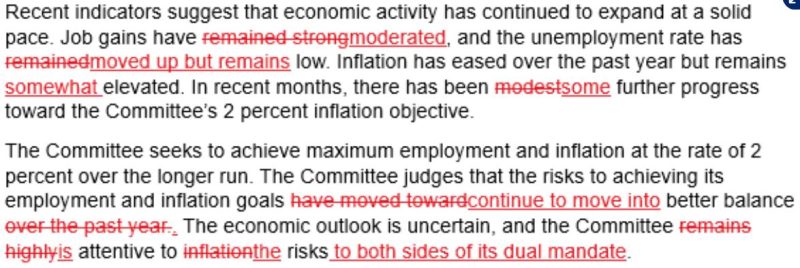
Shocking! We’re the Puppets in the Spectacle of our Nightmare, Crafted by the Fed!
The Federal Reserve, often referred to as the Fed, serves as the central banking system of the United States, tasked with ensuring the stability of the American financial system. However, its actions have faced increasingly polarized scrutiny, with critics arguing the Fed’s policies are creating economic turmoil instead of preventing it. A recurring theme is that the populous stands as puppets, influenced by the capable hands of the Fed, yet bearing the adverse impact of the economic experiments.
One of the significant concerns raised is the Fed’s unconventional monetary policy. Quantitative Easing (QE), or the widespread purchasing of government bonds, has been a cornerstone of the Fed’s response to the financial crisis. While the initial intention was to instill liquidity into the economy, critics have pointed out that QE policies have distorted financial markets and spurred risky investment behavior. As a result, these critics argue that this is inflating asset bubbles, which may burst and lead to another economic crisis, paradoxically creating the very scenario the Fed seeks to avoid.
Further, the effect of prolonged low-interest rates, another core strategy of the Fed, has sparked debate. Despite its intention to encourage borrowing and stimulate economic activity, some believe this has led to an overdependence on debt. Many individuals, businesses, and governments influenced by these low costs of borrowing have amassed prodigious amounts of debt, making them vulnerable to any future hikes in interest rates. The Fed is, in essence, creating a ticking time bomb of unsustainable debt, with the potential to cause far-reaching economic fallout.
Additionally, the lack of transparency and accountability within the Federal Reserve is another point of contention. Decisions like rate setting and QE policies are made behind closed doors, without direct consent or understanding from the American people. As such, critics argue this gives the Fed considerable power and influence over the nation’s economic trajectory, often at the expense of ordinary American citizens.
While the Fed notably responds to these criticisms by asserting they act in the best interest of overall economic stability, it’s hard to overlook the trail of upset economists, business executives, and everyday citizens in their wake. The tools intended to generate health and vitality within the American economy have instead been argued as generators of financial instability, over-indebtedness, and market distortions, all while the Fed maintains its extraordinary power.
With these mounting controversies, it’s evident that the Fed’s strategies are under intense scrutiny. The concern is no longer merely theoretical but instead grounded in palpable financial realities that individuals and businesses face daily. The
